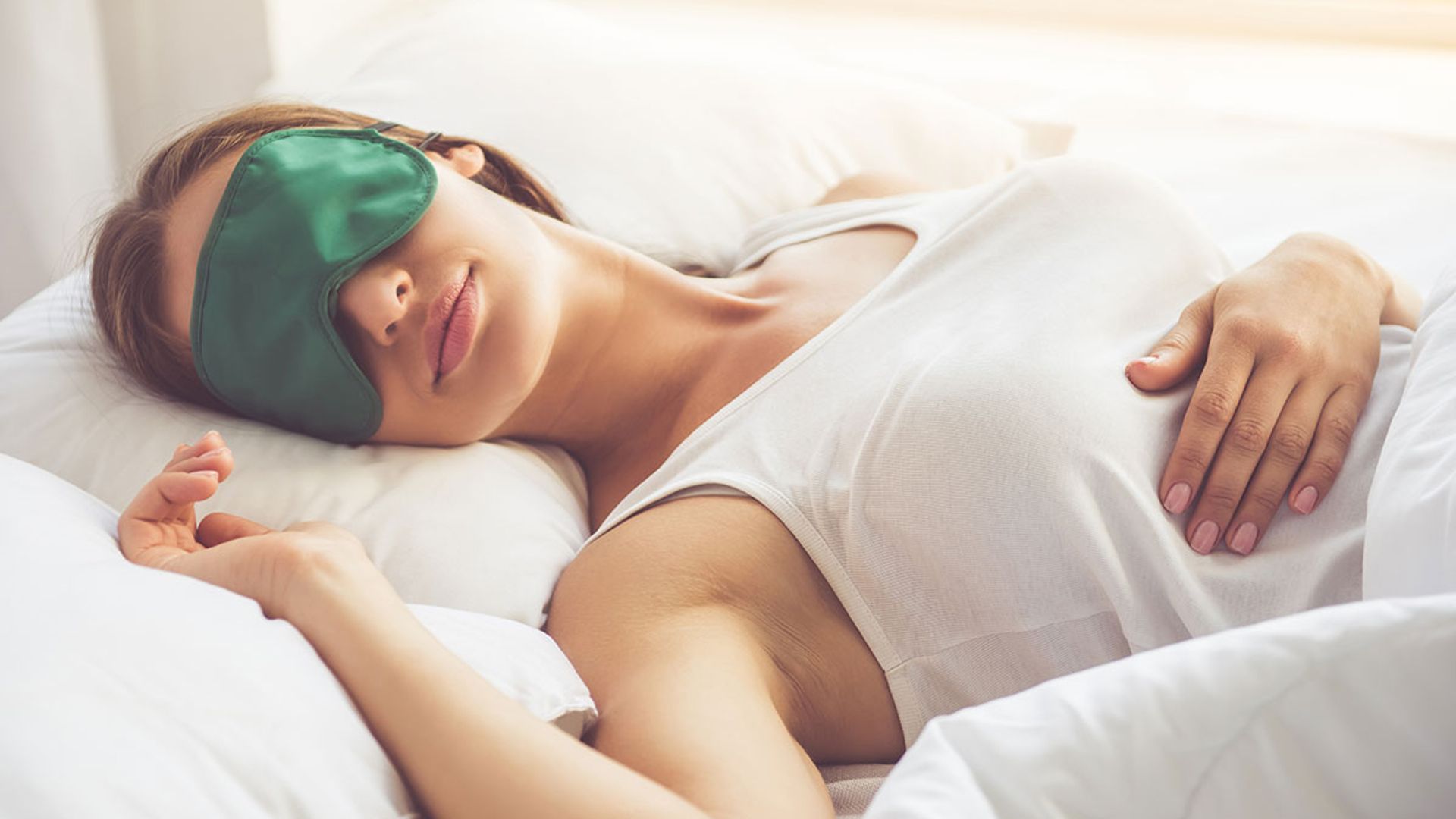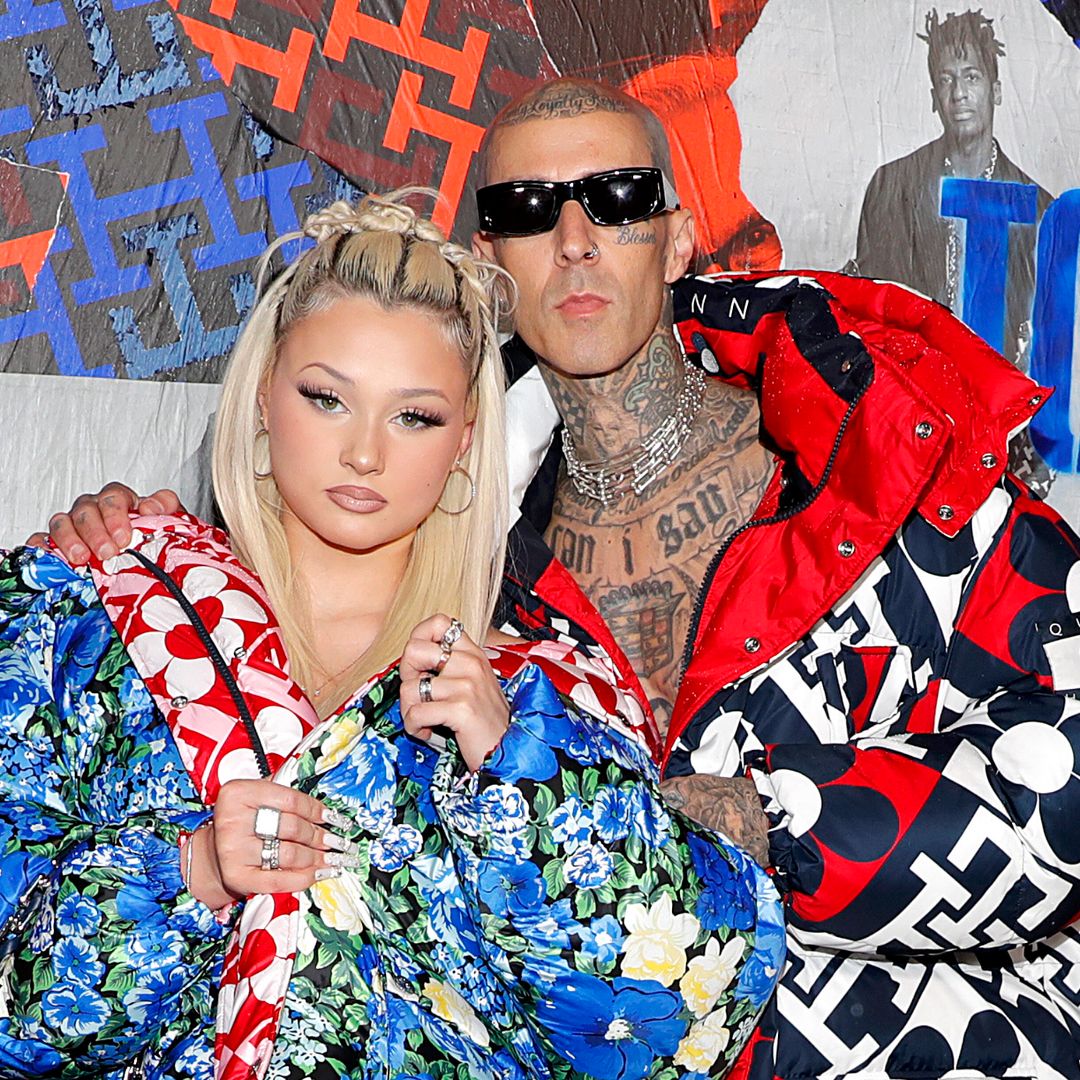Sometimes it feels like everyone wants to offer their advice on the best ways to lose weight - whether you've asked for it or not. Usually it's a combination of eating a sensible and moderated diet of protein, veggies and carbs combined with cardio and weight training, but what lots of people overlook is the power of a good sleep. In an interview with POPSUGAR, Dr. Rizwana Sultana, MD, assistant professor of pulmonary critical care and sleep medicine at the University of Texas Medical Branch, revealed the number of hours of shuteye you need each night if you're trying to shed a few pounds.
To give you a bit of background on sleep and body weight, the Centres for Disease Control and Prevention found in a 2016 report that sleep is vital in balancing your hormones, specifically ghrelin, which lets you know you're hungry, and leptin, which helps you know you're full. When you're tired, your ghrelin levels increase and your leptin levels decrease, which results in not being able to tell you're full and inevitably eating more.
READ MORE: This woman credits 8 stone weightloss to this ONE simple change
Plus "during sleep, many hormones including growth hormone are produced, which results in muscle growth," says Dr. Rizwana Sultana. "It promotes growth in childhood, and it helps [you] maintain healthy body tissue and muscle mass during adulthood," she explained. Ultimately this helps you to look lean.
READ MORE: How To Lose Weight Well's Stacie Stewart reveals 5 stone weight loss and how she HALVED her body fat
So, how much kip should we be getting then if we want to feel and look our best? Well, according to Dr. Sultana, around seven to nine hours a night if you're trying to lose weight. She points out that feeling sleepy during the day "results in the inability to exercise and a lack of motivation" and napping "can [cause] a disruption in the normal circadian rhythm, which affects body hormone release," and, as a result, kick start the ghrelin and leptin imbalance.
So, get to bed early tonight - your body will thank you for it.









